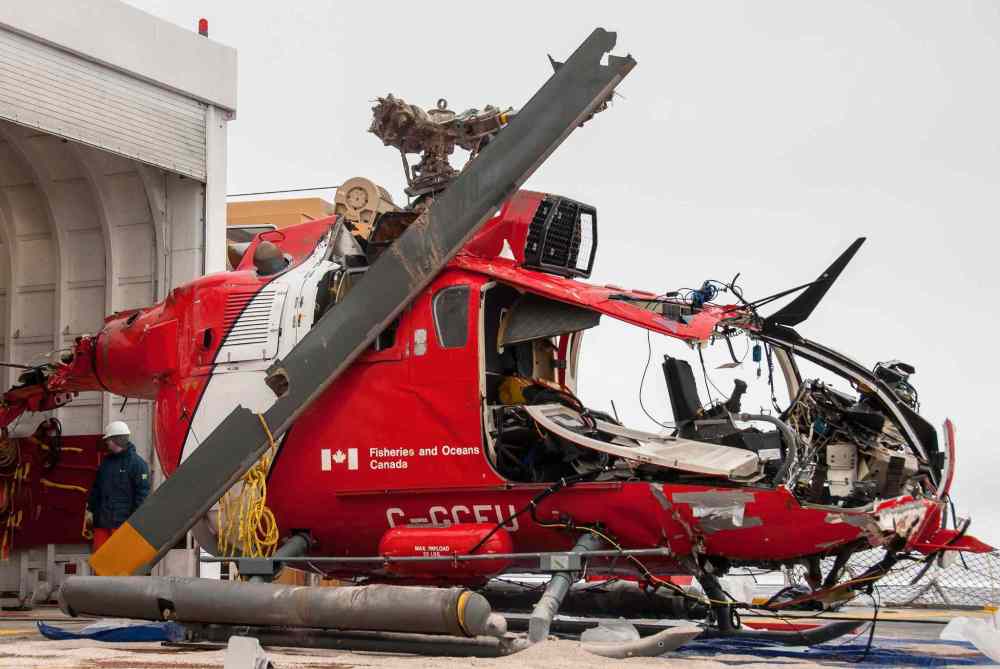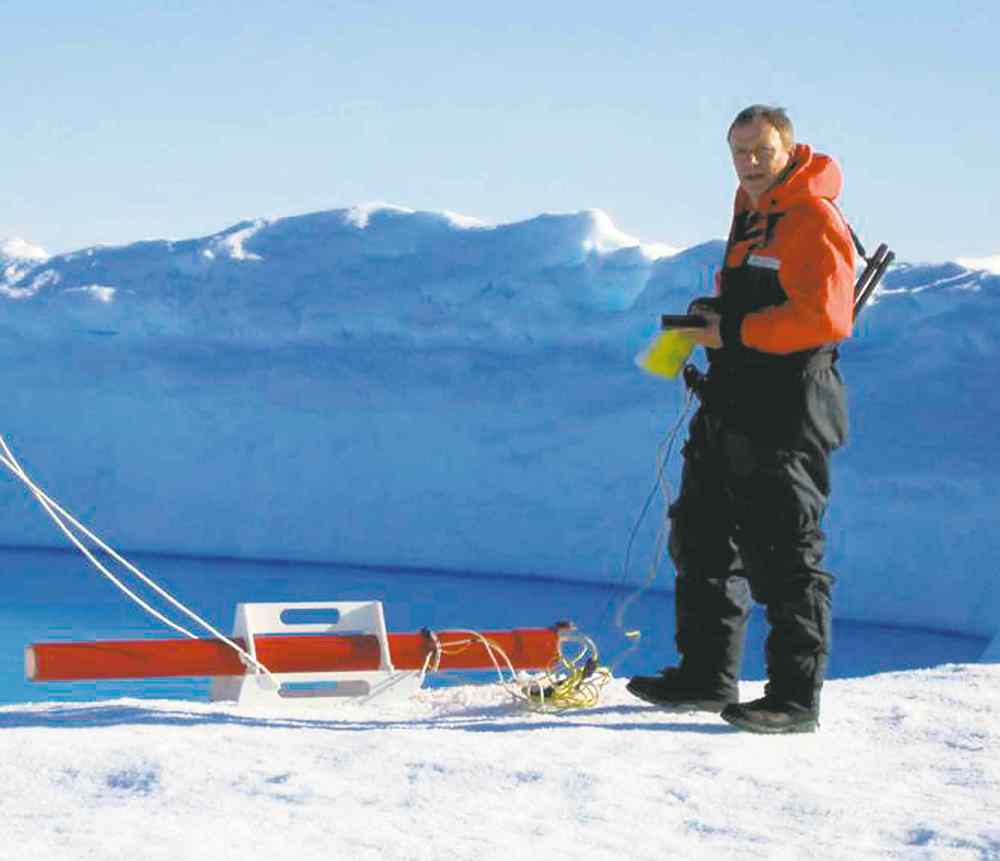Deadly Coast Guard helicopter crash attributed to ‘lack of visual cues’
Advertisement
Read this article for free:
or
Already have an account? Log in here »
To continue reading, please subscribe:
Monthly Digital Subscription
$0 for the first 4 weeks*
- Enjoy unlimited reading on winnipegfreepress.com
- Read the E-Edition, our digital replica newspaper
- Access News Break, our award-winning app
- Play interactive puzzles
*No charge for 4 weeks then price increases to the regular rate of $19.00 plus GST every four weeks. Offer available to new and qualified returning subscribers only. Cancel any time.
Monthly Digital Subscription
$4.75/week*
- Enjoy unlimited reading on winnipegfreepress.com
- Read the E-Edition, our digital replica newspaper
- Access News Break, our award-winning app
- Play interactive puzzles
*Billed as $19 plus GST every four weeks. Cancel any time.
To continue reading, please subscribe:
Add Free Press access to your Brandon Sun subscription for only an additional
$1 for the first 4 weeks*
*Your next subscription payment will increase by $1.00 and you will be charged $16.99 plus GST for four weeks. After four weeks, your payment will increase to $23.99 plus GST every four weeks.
Read unlimited articles for free today:
or
Already have an account? Log in here »
Hey there, time traveller!
This article was published 07/12/2015 (3628 days ago), so information in it may no longer be current.
A lack of visual cues are to blame for a fatal 2013 crash of a Canadian Coast Guard helicopter that claimed the life of a University of Manitoba researcher and two others.
In a report released Monday, the Transportation Safety Board of Canada determined that a “strong probability of a lack of visual cues to judge altitude led to the fatal September 2013 crash of a Canadian Coast Guard Messerschmitt-Bölkow-Blohm BO 105 helicopter in the M’Clure Strait, Northwest Territories.”
The flight was supposed to be a routine check of ice conditions around the research icebreaker Amundsen.

The report said that visual cues to “judge altitude while flying over open water, combined with the possibility of pilot distraction, resulted in loss of altitude” leading to the crash.
The report also said the three members aboard, U of M research scientist Klaus Hochheim along with pilot Daniel Dube and Amundsen commander Marc Thibault drowned due to cold incapacitation.
The helicopter was not equipped with a flight data recorded or cockpit voice record. Neither were required by regulations.
scott.billeck@freepress.mb.ca

Scott Billeck is a general assignment reporter for the Free Press. A Creative Communications graduate from Red River College, Scott has more than a decade’s worth of experience covering hockey, football and global pandemics. He joined the Free Press in 2024. Read more about Scott.
Every piece of reporting Scott produces is reviewed by an editing team before it is posted online or published in print — part of the Free Press‘s tradition, since 1872, of producing reliable independent journalism. Read more about Free Press’s history and mandate, and learn how our newsroom operates.
Our newsroom depends on a growing audience of readers to power our journalism. If you are not a paid reader, please consider becoming a subscriber.
Our newsroom depends on its audience of readers to power our journalism. Thank you for your support.
History
Updated on Monday, December 7, 2015 8:08 PM CST: Added missing word in University (of) Manitoba


